
As a new parent, one of the most challenging aspects of caring for your baby is helping them establish healthy sleep habits. Here are some tips and advice to help you create a safe and soothing sleep environment for your little one, and encourage healthy sleep habits that will benefit both you and your baby.
Create a Consistent Sleep Routine
Babies thrive on routine, and establishing a consistent sleep routine can help them feel secure and relaxed. Aim to create a consistent bedtime routine that includes a bath, changing into pajamas, and a calming activity such as reading a book or singing a lullaby. Follow this routine every night, and try to keep your baby's sleep and wake times consistent.
Make the Sleep Environment Safe and Comfortable
Your baby's sleep environment should be safe, comfortable, and conducive to sleep. The American Academy of Pediatrics recommends that babies sleep in the same room as their parents for the first six months of life to reduce the risk of Sudden Infant Death Syndrome (SIDS). Use a firm, flat sleep surface such as a crib or bassinet, and avoid placing soft objects such as pillows, blankets, or stuffed animals in the crib.
Encourage Self-Soothing
Babies who learn to self-soothe are better able to fall asleep and stay asleep on their own. Encourage self-soothing by putting your baby down to sleep while they are drowsy but still awake, rather than waiting until they are fully asleep. This helps them learn to fall asleep on their own and reduces their reliance on external sleep aids such as rocking or feeding.
Respond to Your Baby's Cues
Babies have different sleep needs, and it's important to respond to your baby's cues when it comes to sleep. Watch for signs of sleepiness, such as rubbing their eyes, yawning, or becoming fussy, and put your baby down for a nap or bedtime when they are showing these signs. Similarly, if your baby wakes up during the night, respond to their needs promptly and provide comfort and reassurance.
Be Patient and Persistent
Establishing healthy sleep habits can take time and patience. Don't expect your baby to sleep through the night immediately, and be prepared for setbacks such as illness or teething that may disrupt your baby's sleep routine. Stay consistent with your sleep routine, respond to your baby's cues, and be patient and persistent.
By following these tips and advice, you can help your baby establish healthy sleep habits that will benefit both of you in the long run. Remember that every baby is different, and it's important to respond to your baby's individual needs and cues when it comes to sleep.
The above content comes from the Internet and is not a professional authoritative opinion on parenting, it is for reference only.


-400x400.jpg)
-400x400.jpg)
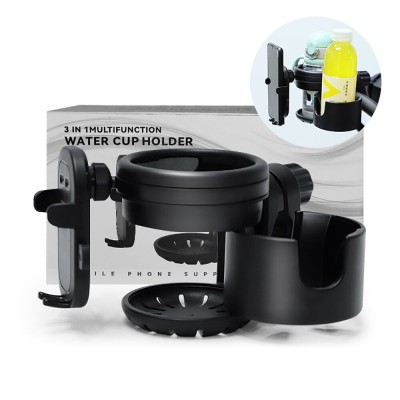





-400x400.jpg)
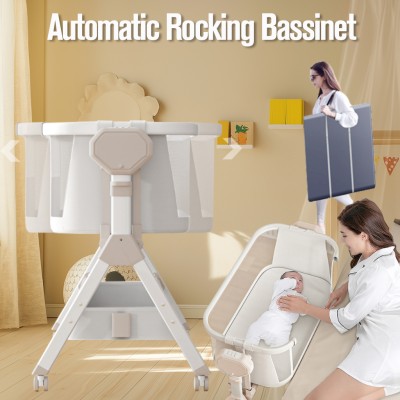

-400x400.jpg)
-400x400.jpg)



33-400x400.jpg)
23-400x400.jpg)
-400x400.jpg)
-400x400.jpg)
-400x400.jpg)
-400x400.jpg)
-400x400.jpg)
-400x400.jpg)
-400x400.jpg)
-400x400.jpg)
-400x400.jpg)
-400x400.jpg)


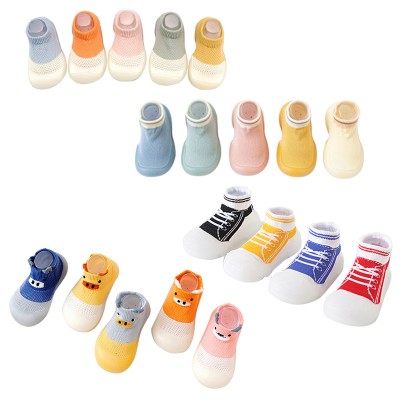
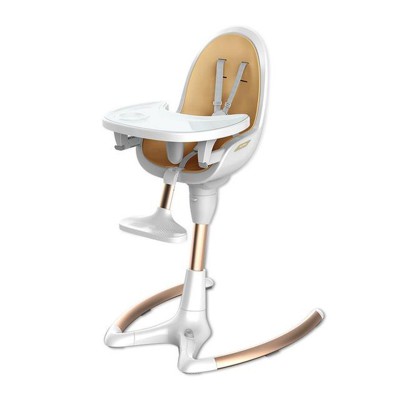

-400x400.jpg)
-400x400.jpg)
-400x400.jpg)
-400x400.jpg)



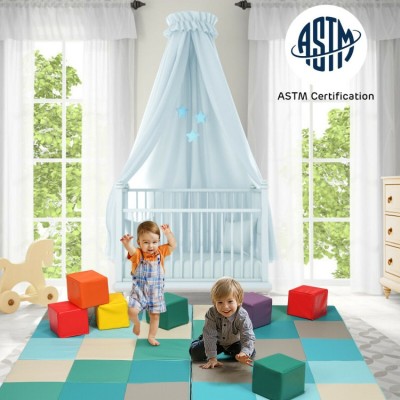
-400x400.jpg)
-400x400.jpg)
-400x400.jpg)
-400x400.jpg)
-400x400.jpg)
-400x400.jpg)
-400x400.jpg)
-400x400.jpg)
Leave a Comment